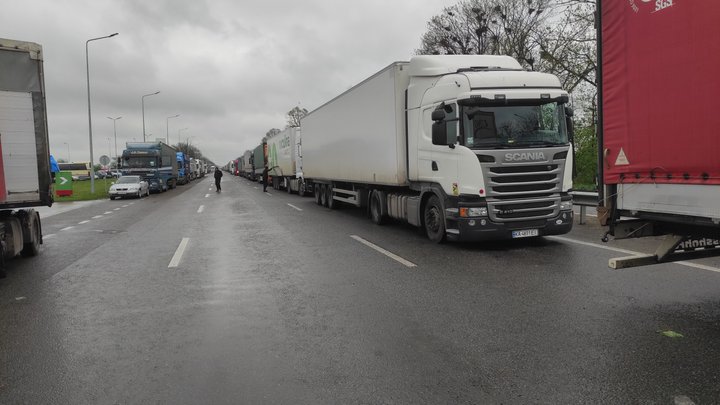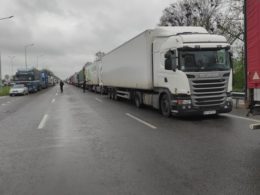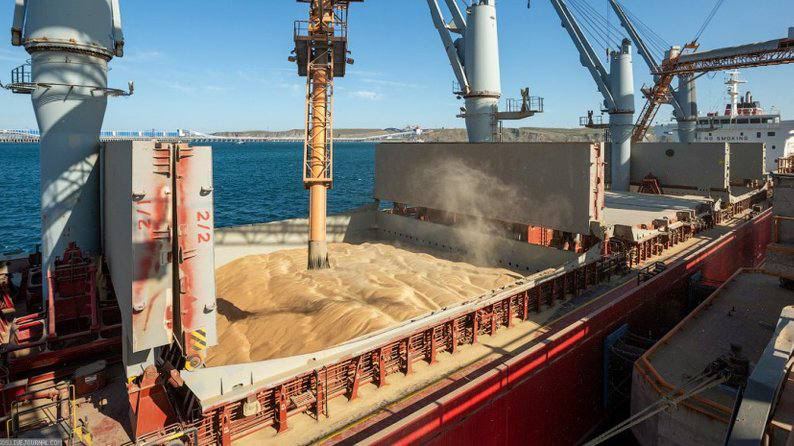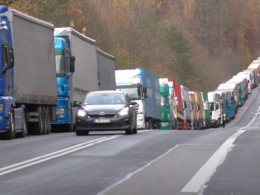On 19 January, Romanian farmers stopped blocking truck traffic in front of Romania's Vicovu de Sus checkpoint, opposite the Ukrainian checkpoint Krasnoilsk in Chernivtsi Oblast, according to a report by Ukraine's State Border Service.
Farmers and truckers in Eastern European nations hold their border-blocking protests, attempting to address local issues by disrupting imports to and exports from Ukraine, a nation currently facing the challenges of the all-out war and Russia's genocide. Such border blockades align with one of Russia's objectives: to undermine the Ukrainian economy and weaken the nation's capacity to resist the ongoing Russian invasion.
Romanian farmers staged a blockade at a Ukrainian checkpoint on 14 January, joining the "trend" of protests seen in Poland, Slovakia, and, occasionally, in Hungary. Like their fellow protesters in the nearby countries, they aimed to disrupt the movement of trucks and presented their own set of demands to local authorities.
As of 5:30 a.m. on 19 January, 1,670 trucks had registered to cross the border through Porubne in the eCherha system, an online queue booking system for international freight carriers. Romanian farmers allowed only 246 trucks to enter Ukraine per day, Suspilne says.
Previously, the role of Romania as a transit country increased after Polish truckers started a blockade of Ukrainian trucks on border crossing points in late November, at times joined by Polish farmers and Slovakian truckers.
On 16 January 2024, Polish truck drivers ended the blockade of the last checkpoint on the Polish-Ukrainian border until 1 March 2024, after blocking the passage of goods for months over fears of allegedly losing their market share to Ukrainian competitors.
Read also:





